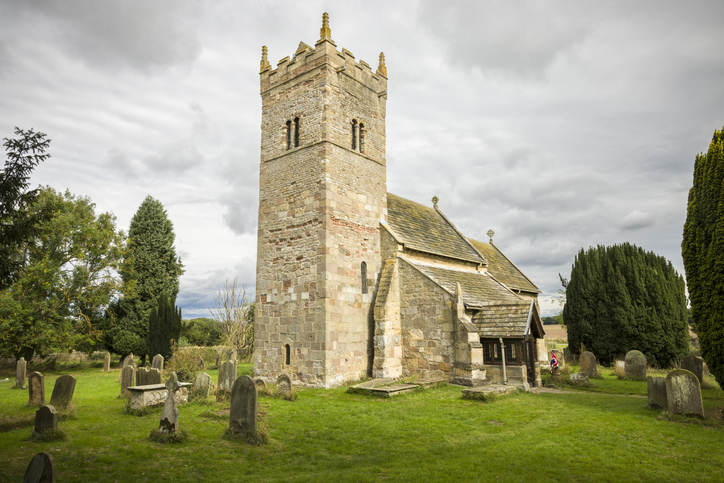
Chancel repair liability is a liability on some property owners in England and Wales to contribute to the repairs to the chancel of their local Anglian parish church. The “chancel” is the part of a church, near an alter which is reserved for the clergy and choir. Until 13 October 2013, chancel repair liability had the status of an “overriding interest”, which meant that the liability would bind a purchaser of the affected land, even if they and the seller were unaware of the liability. Pursuant to the Land Registration Act 2002, as of 13 October 2013, a chancel repair liability is no longer an overriding interest. This means that the liability must be protected to be enforceable against a purchaser of land after that date.
Registered Land
After losing its overriding status, the right to claim for chancel repairs must be protected by a notice against a property’s title. Any notice being registered from 13 October 2013 should only be registered where there has not been a disposition for valuable consideration since that date. Therefore, a purchaser for value should take free of any liability if it has not been protected by a notice on the title.
Unregistered Land
The right to demand payment for chancel repairs can be protected by lodging a caution against first registration. A purchaser’s solicitor would then be alerted to the liability when carrying out the usual conveyancing searches.
The right will continue to bind an owner of unregistered land until the land is transferred to a third party (which would trigger registration) or voluntarily registered at the Land Registry.
Where a caution has been lodged, an application to register the Property would trigger the Land Registry to notify the beneficiary of the caution, which in most cases will be the Parochial Church Council in England or the Representative Body of the Church in Wales. The Land Registry will then usually enter the burden of the liability on the title to the Property when completing the registration.
The Land Registry
The Land Registry has issued the following guidance on chancel repair liabilities which have not been protected by notice or caution before 13 October 2013 in Practice Guide 66:
“The courts have still to consider if and when it may be possible after 12 October 2013 for the holder of the interest to have the register altered so that a notice is entered where the registered proprietor has taken free of the interest following first registration or following the registration of a disposition for valuable consideration. They have also still to consider whether indemnity may ever be payable where the register cannot be altered in this way.
HM Land Registry will still accept applications for the registration of notices to protect overriding interests that lost their automatic protection after 13 October 2013 and will not check whether the registered proprietor has changed since this date before proceeding with the application.”
It is therefore still possible that a notice or caution could be registered even after a property has been transferred to a purchaser for value.
Protecting Your Position
Practitioners had hoped that the Land Registration Act 2002 would put an end to unregistered chancel claims. However, due to the Land Registry’s approach, it will be for the property owner to dispute an application to register a liability and apply to the Land Registry to remove such notice. The Land Registry guidance indicates that it may be for the courts to decide on the merits of such an application. Once the Church has applied for the registration of a liability, by notice or caution, then it would be too late to obtain indemnity insurance, so the time to consider insurance is at the point of purchase, lease or mortgage.
Considering the Land Registry’s approach, it is prudent to still carry out a chancel search and consider indemnity insurance where the result reveals a potential liability. Whilst indemnity insurance will not prevent a claim from being made, the policy should – subject to its terms and conditions – compensate a person liable for chancel repairs for any losses suffered due to a demand being made, up to the limit of indemnity of the policy. Such losses will usually include the actual chancel repair liability and any reduction in the market value of the Property due to a liability being established.
For further information or guidance, contact Kate Burlinson on 0116 402 9022.
